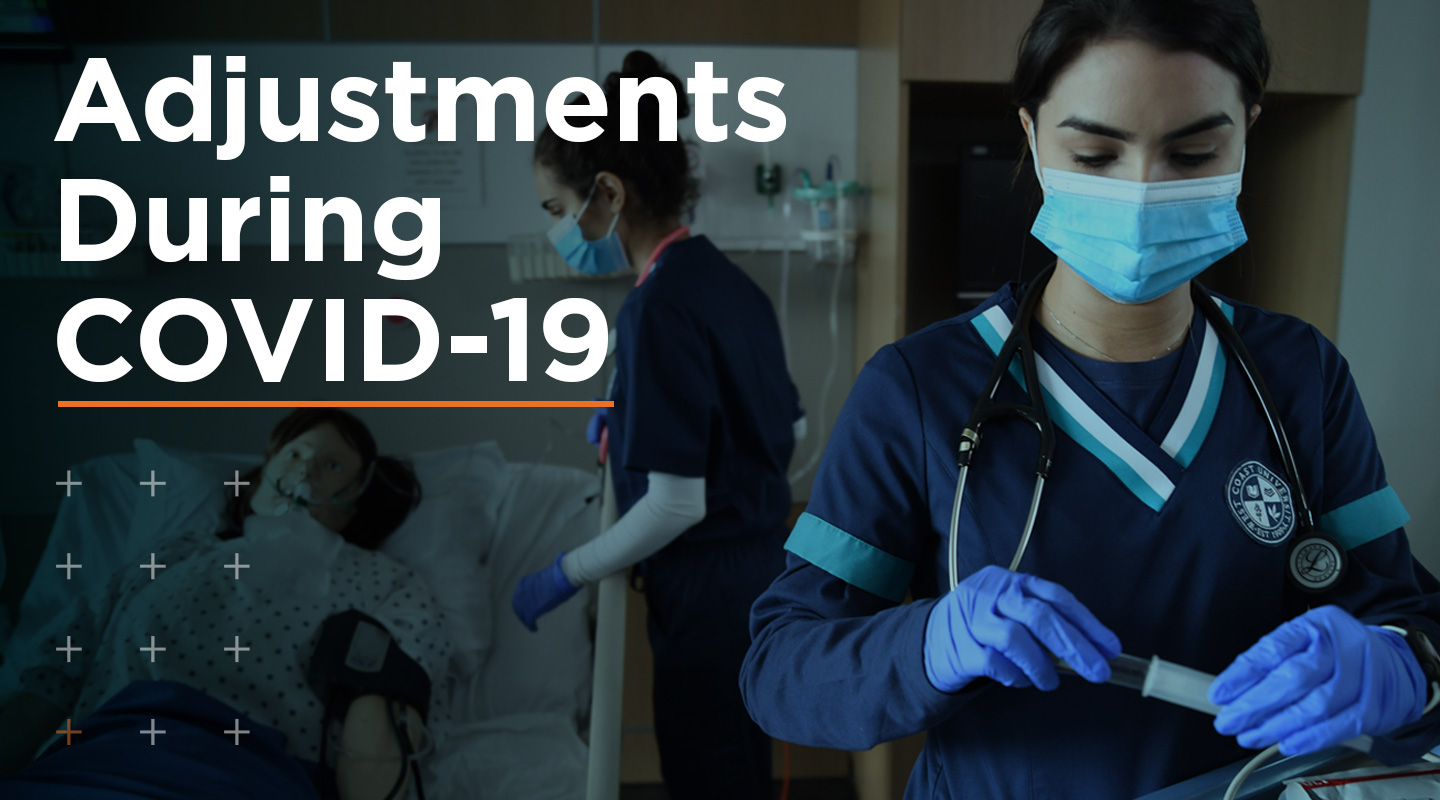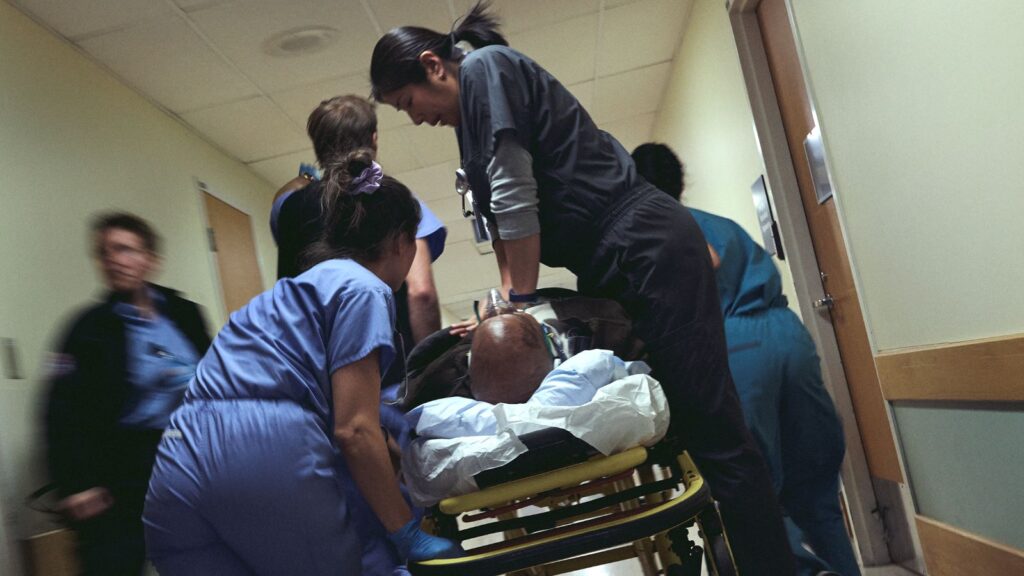This articles originally published in the May/June 2022 issue of Inspire Health.
As the world shut down and billions sheltered in place following the pandemic, West Coast University (WCU) never stopped. The faculty and staff worked hard to continue providing a quality educational experience for our future frontline workers.
“As a university, we went remote in 24 hours,” stated Dr. Claudette Spalding, Campus Dean of Nursing. “The faculty and staff were dedicated, motivated, and quickly went remote without skipping a beat.”
The remote transition understandably posed some obstacles, yet the faculty and staff found creative and interactive ways to ensure students still received a quality education. WCU sent students the necessary materials and equipment to understand every aspect of the course. This proactive and hands-on approach promoted engagement, reinforced the lessons, and allowed students to master the skills. “Skills and simulation are as crucial as didactic,” said Dr. Spalding.
Dr. Spalding also shared that “The university did a great job supplying everything needed [for students] to be comfortable with the skills taught.” Resources and support were available to ensure the students, faculty, and staff were successful.
Nursing alumna Georgia Bowman expressed that she felt supported through her entire educational journey at WCU. Her positive experience validated the school’s mission to provide students with the necessary tools during this difficult time. University faculty and staff were always available and willing to help and personalized the learning experience to meet students’ individual needs.
Shifting the Strategy for Clinical Learning
The ongoing pandemic also reinforced the need for healthcare workers. As a result, WCU and local healthcare systems, including Jackson Health System (JHS), entered into a cooperative agreement in which students had the opportunity to gain clinical experience and continue with their education.
“Education is key when faced with the unknown,” states Dr. Susana Flores Villamil, Senior Director of Clinical Learning and Development for JHS. “We need to learn from the past to grow in the future,” she said.
It was time to accept the new normal and use the experience to build new programs to assist students and employees. University and community leaders, including Dr. Flores Villamil, developed hybrid programs to benefit current and incoming healthcare professionals. She saw the situation from multiple perspectives. Formerly a WCU professor and healthcare professional, she is currently the Senior Director of Clinical Learning and Development for Jackson Health Systems. Her leadership and dedication were vital to the overall success of the clinical learning program.
From simulation labs to one-on-one virtual learning experiences, safe clinical experiences, and the constant communication and support from [students’] mentors and future employers, the staff and faculty at WCU worked tirelessly to maintain the education standards expected of its students.
As healthcare techniques and technology make impressive strides, WCU is committed to helping prepare the next generation of healthcare professionals and leaders. While healthcare has become more complex, starting an education at WCU provides the opportunity to receive hands-on training from industry leaders and offers students the tools to navigate the evolving landscape.
Due to the current COVID-19 outbreak, the University has moved some of the on-ground courses into a distance education modality. However, as soon as the COVID-19 circumstances change, students will be expected to return on campus to complete their program onsite in the regular learning modality as approved by WSCUC and outlined in the university catalog.
WCU provides career guidance and assistance but cannot guarantee employment. The views and opinions expressed are those of the individuals and do not necessarily reflect the beliefs or position of the school or of any instructor or student.



